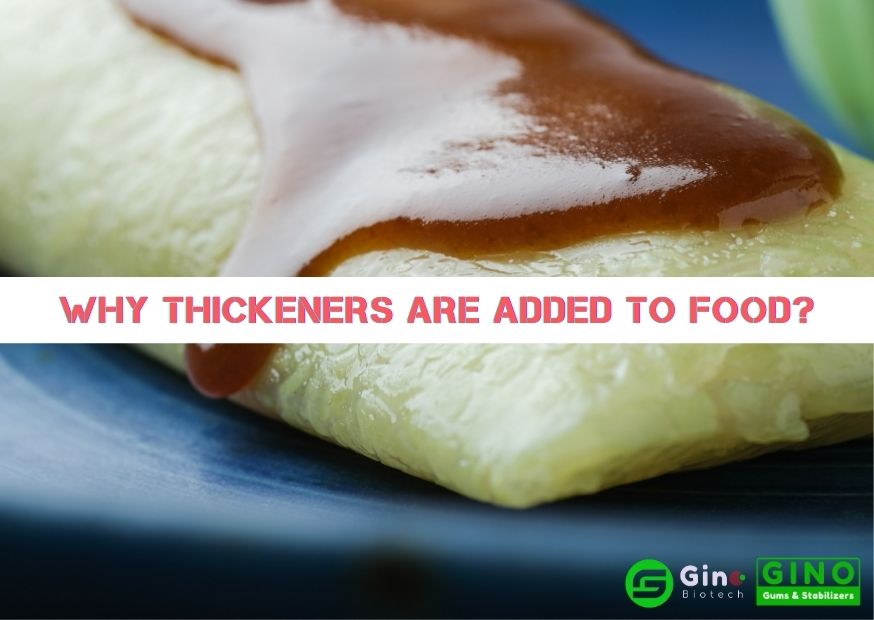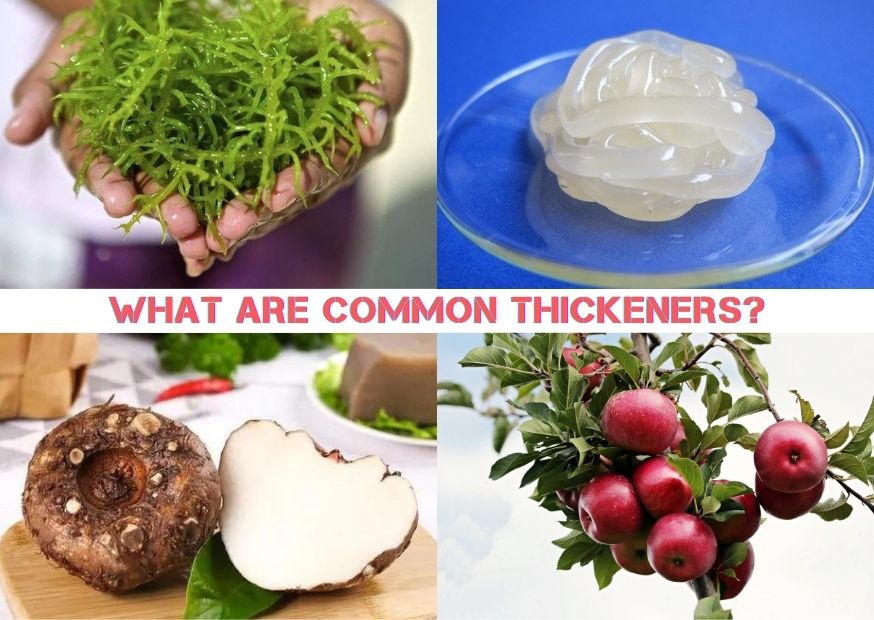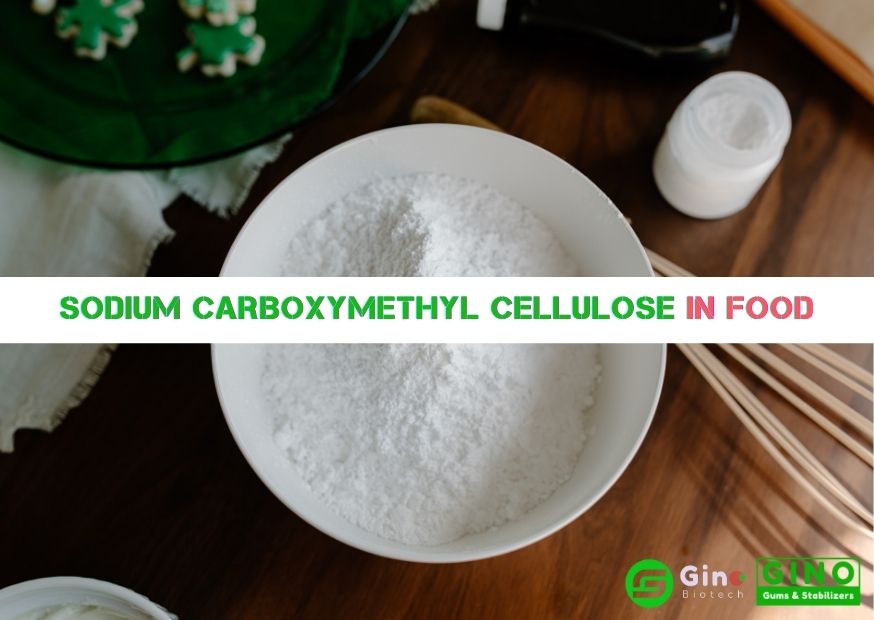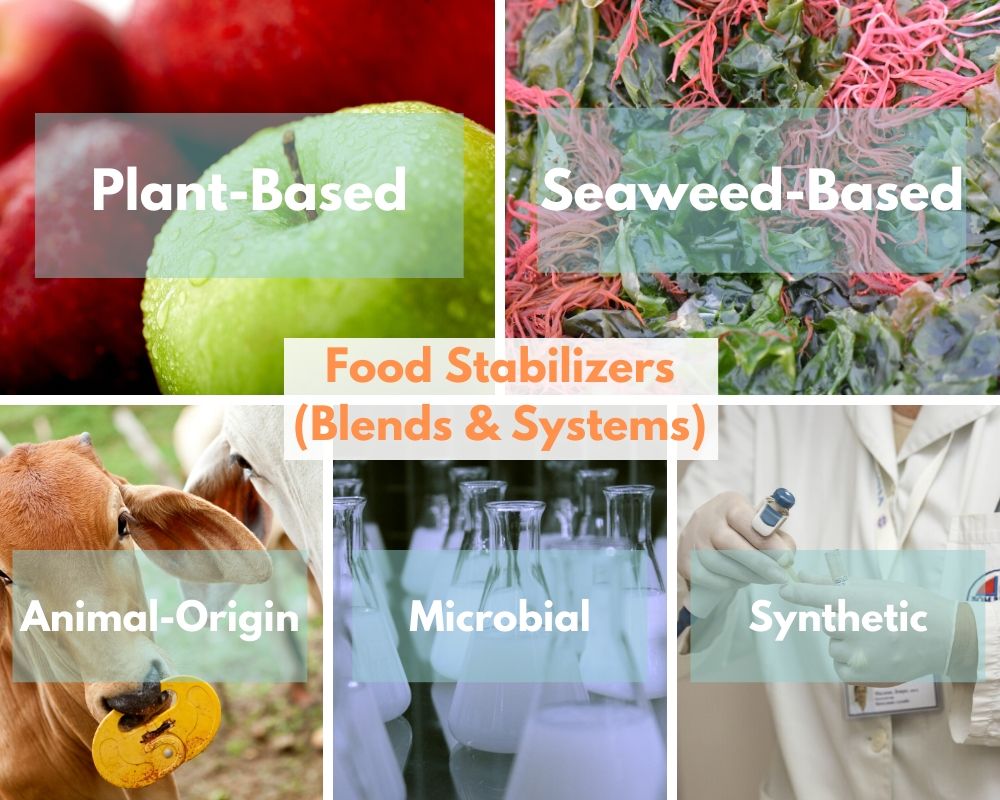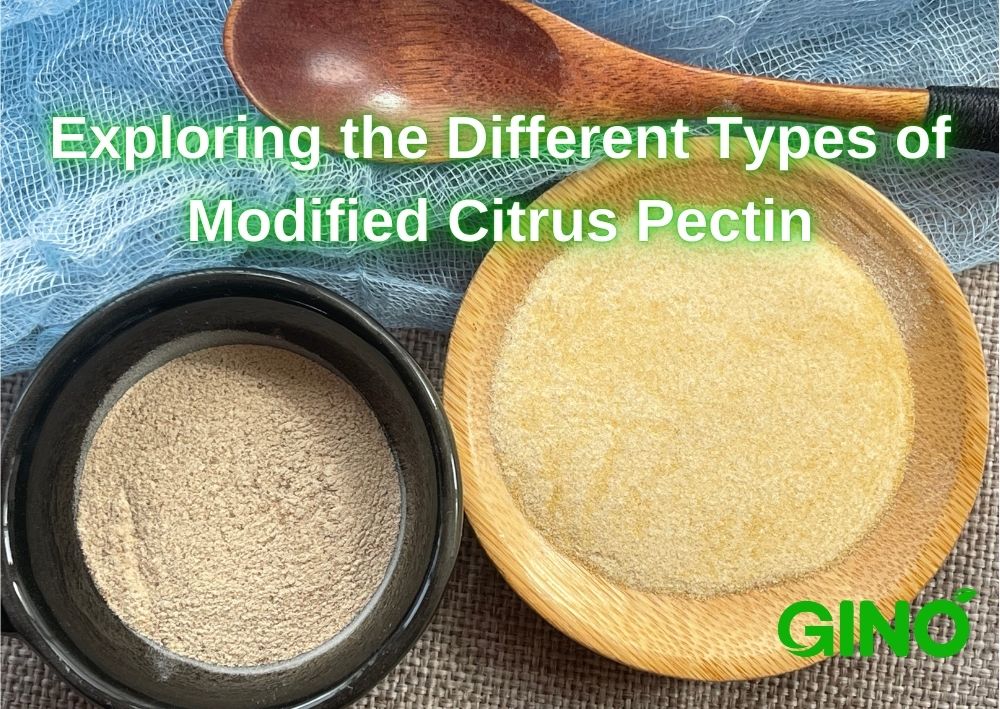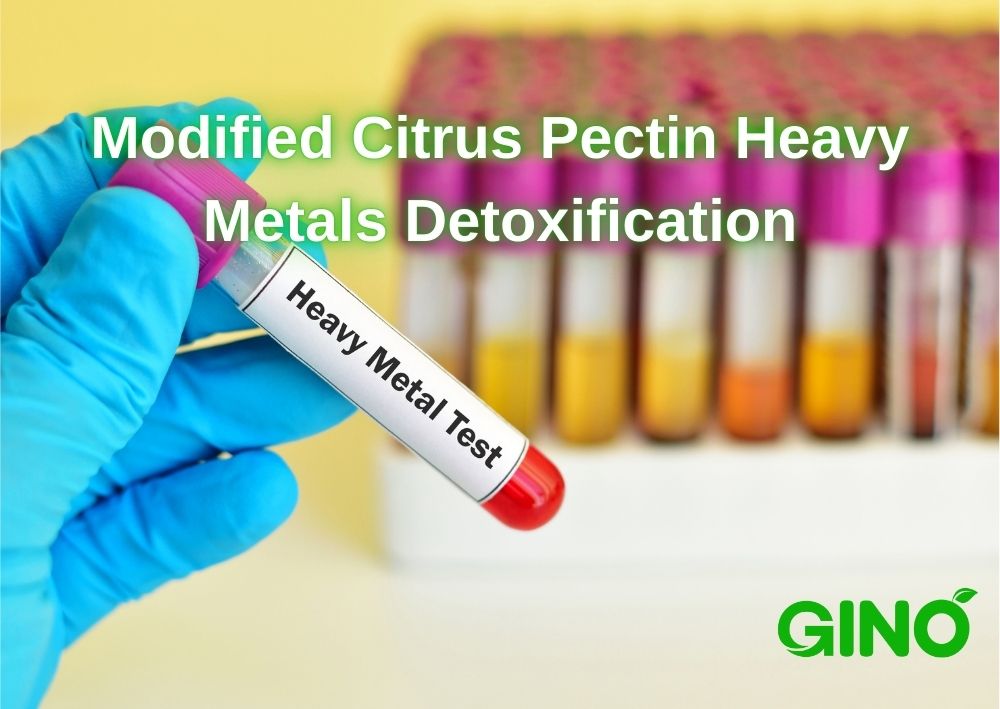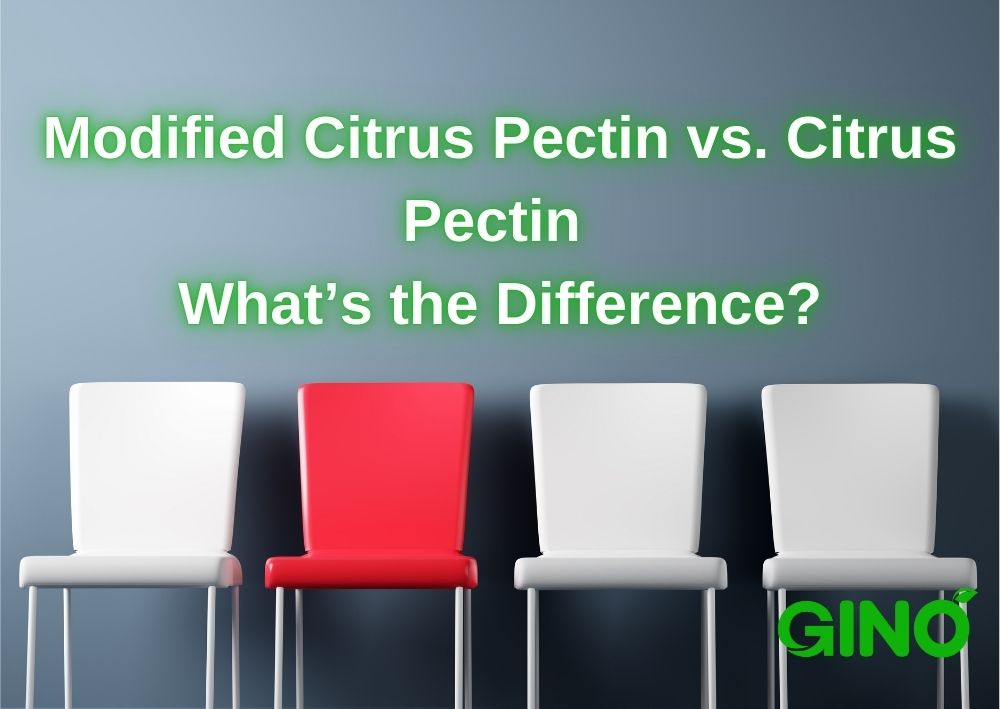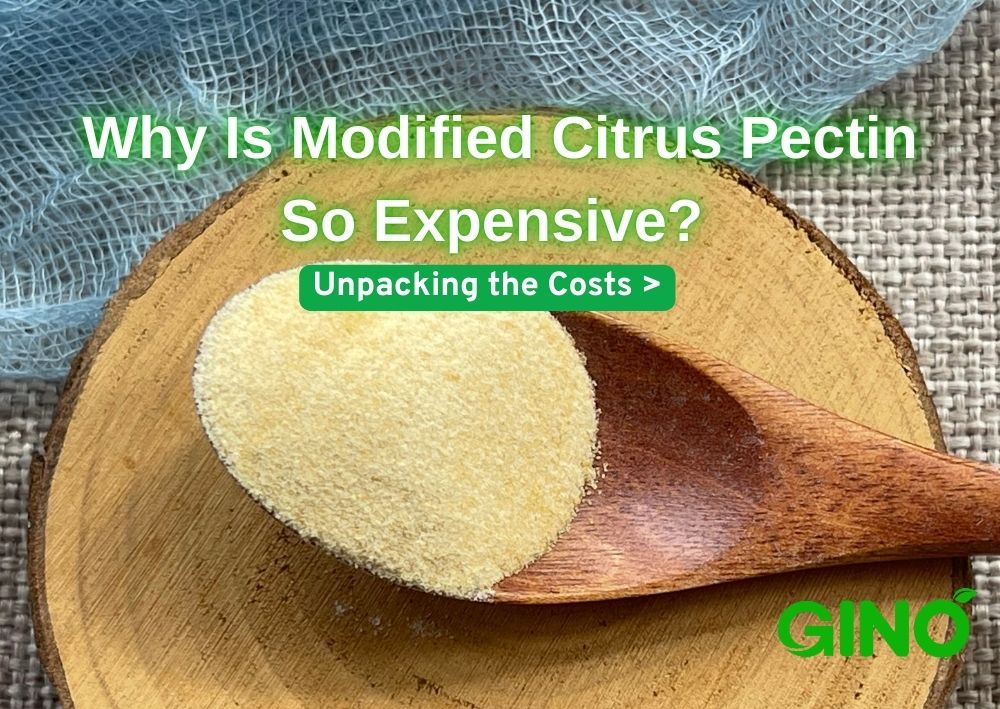
Wenn Sie auf der Suche nach einem vertrauenswürdigen Anbieter von Hydrokolloiden auf Pflanzenbasis und Lebensmittellösungen in China sind, könnte Gino die bessere Wahl sein. Wir bieten bessere Zutatenoptionen und die beste Lösung, um Ihr Geschäft anzukurbeln. Mehr lesen
Kundenorientierung
Entwicklung von Produkten
Kundenspezifische Verpackung
Technische Unterstützung
Schneller Service


